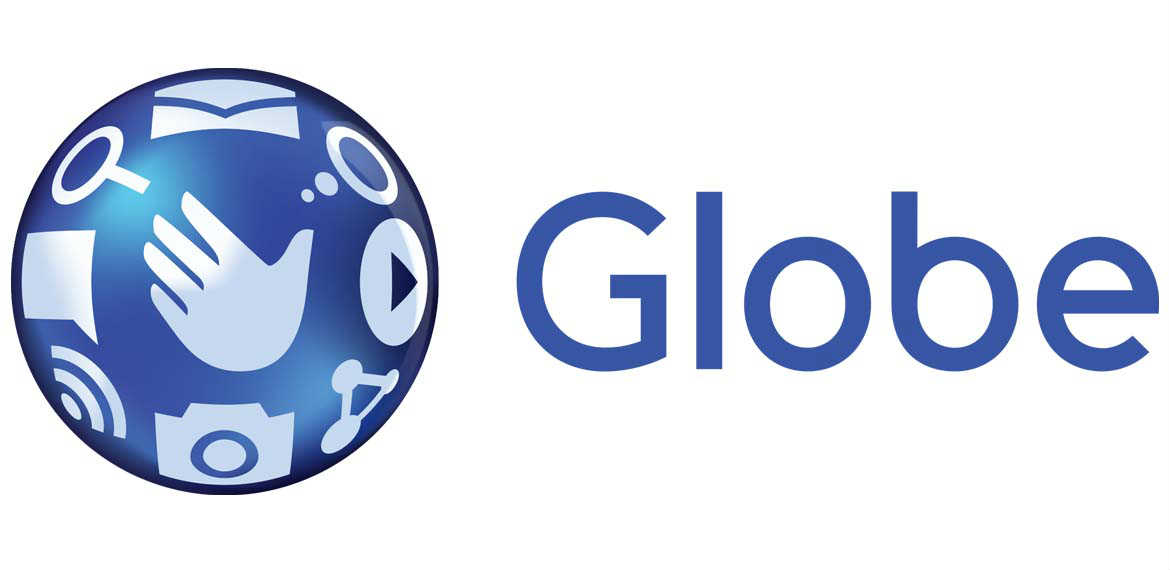With the New Year in, demand for connectivity, wider coverage and bigger data remains high as more and more Filipinos now rely on the internet for work, distance learning, basic government services, cashless transactions, deliveries and other needs while observing quarantine, travel restrictions, and social distancing.
Since last year, Globe has been strongly pushing its customers to embrace newer technologies for a better internet experience. In fact, Globe has been asking customers to switch to the 5G-enabled 4G LTE SIM and get a 4G LTE device. Here’s why.
3G technology is old. The 3G network was the first technology with sufficient speed to provide a decent user experience on a smartphone. The technology, however, was first launched in Japan in 1998. Since then, so many advances were made to improve further the technology and the mobile devices that are capable of handling newer and better technology. The introduction and adoption of social networking and online content such as Facebook, YouTube, Spotify, Twitter, Instagram and others fueled the need for the development of new and faster wireless technologies such as 4G LTE and later on 5G.
Globe was the first telco in the country to launch 3G with High Speed Downlink Packet Access (3G HSDPA) in 2006 and also the first to introduce 4G LTE in 2012 and then 5G FWA in 2019. In order for Globe customers still on 3G to enjoy the benefits of these newer and faster technologies, they need to upgrade their SIM cards and mobile devices now.
3G is slow. While it can handle basic internet services, the technology is limited, slow and extracts patience for slow upload or download of video, music, games or big files that are normally needed for work from home setup, distance learning, news updates, entertainment videos or simply to do virtual face time with families and loved ones.
3G is outdated. With the pandemic impacting how the public sector can deliver services better to its constituents, local government units are using the internet to mitigate the impact of COVID-19 and how they make important announcements and developments through social media or through online. If you are still using a 3G SIM or mobile device, you are probably missing out on these important news from your LGUs. There is also a big possibility that you can’t avail of basic services from the safety of your homes, not because there are no efforts coming from your local government but because your old 3G SIM and mobile phone are not capable of receiving them.
3G delivers poor quality when it comes to new applications and internet use. For video streaming experience, using 3G is beset with poor experience including latency, buffering and interrupted video streaming. Watching your favorite Koreanovela on Netflix using 3G technology can be a real challenge.
3G is limited. Doing cashless transactions through 3G is slow, risky and inconvenient. Shopping for your groceries, ordering food for deliveries and making your bank transactions in the safety and convenience of your home can be difficult with 3G.
3G needs to go. More networks in many countries in the world have replaced their old 3G networks with more advanced 4G LTE and 5G networks. Major global carriers are no longer allowing their customers to continue with their 3G SIMs and devices.
Globe customers are encouraged to switch to the 5G-ready 4G/LTE SIM now to experience and to continue to enjoy better services as the company has been aggressively pushing its network upgrades and modernization despite limitations imposed by the pandemic. Upgrading is free at all Globe Stores and customers will retain their old number. For security reasons, customers are advised to upgrade their SIM cards at all Globe Stores. For more information, please go to https://www.globe.com.ph/help/mobile-internet/lte/faqs.html.
Customers who wish to upgrade their mobile devices can also check all Globe stores to see the affordable and available 5G-ready 4G/LTE capable mobile devices.
Globe has laid out a 3-pronged strategy for its network upgrades and expansion, which includes aggressive cell site builds; upgrading its cell sites to 4G/LTE using many different frequencies; and fast tracking the fiberization of Filipino homes nationwide.
Globe supports the United Nations Sustainable Development Goals, specifically UN SDG No. 9 which emphasizes the roles of infrastructure and innovation as crucial drivers of economic growth and development. Globe is committed to upholding the 10 United Nations Global Compact principles and 10 UN SDGs.












